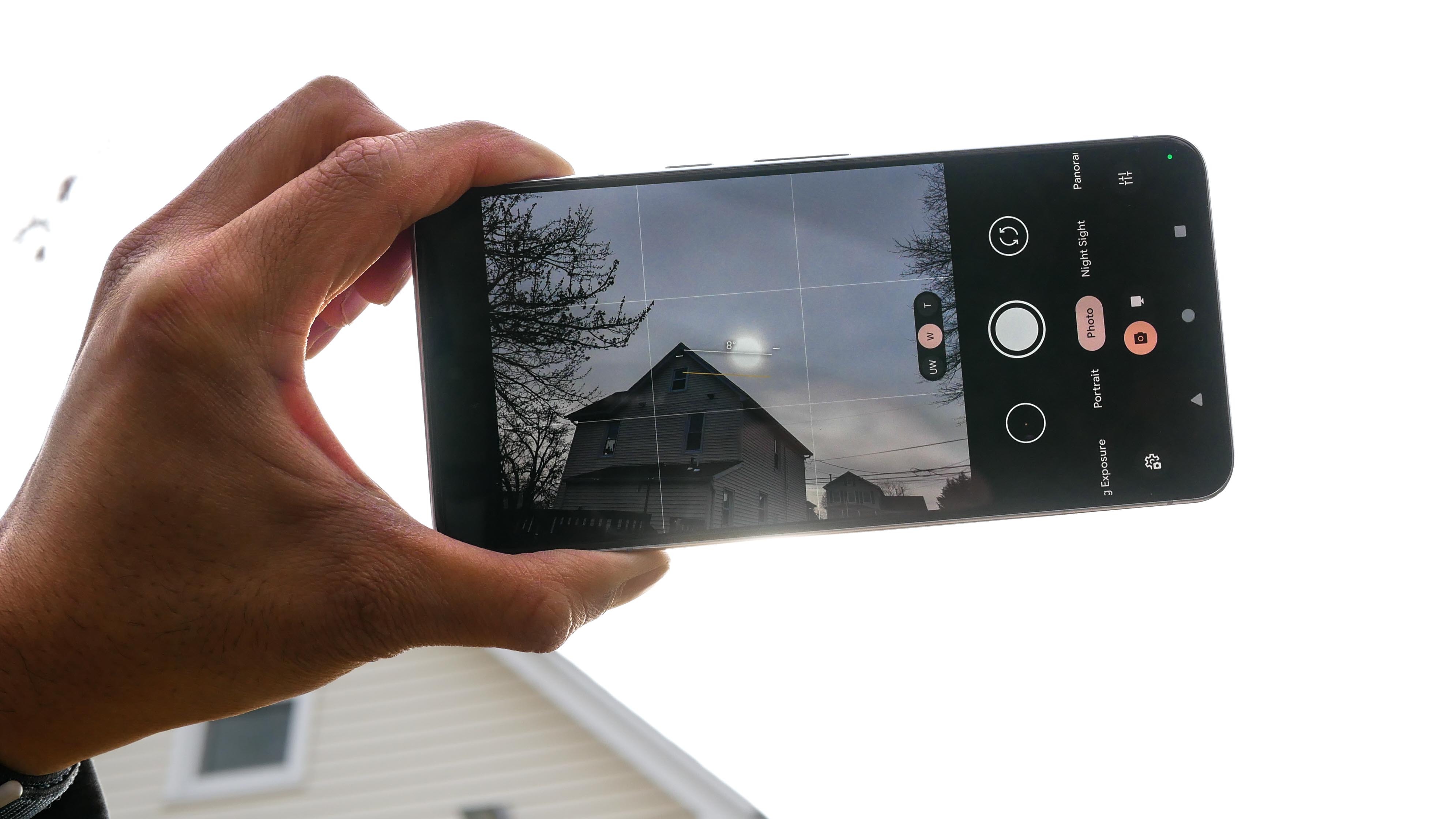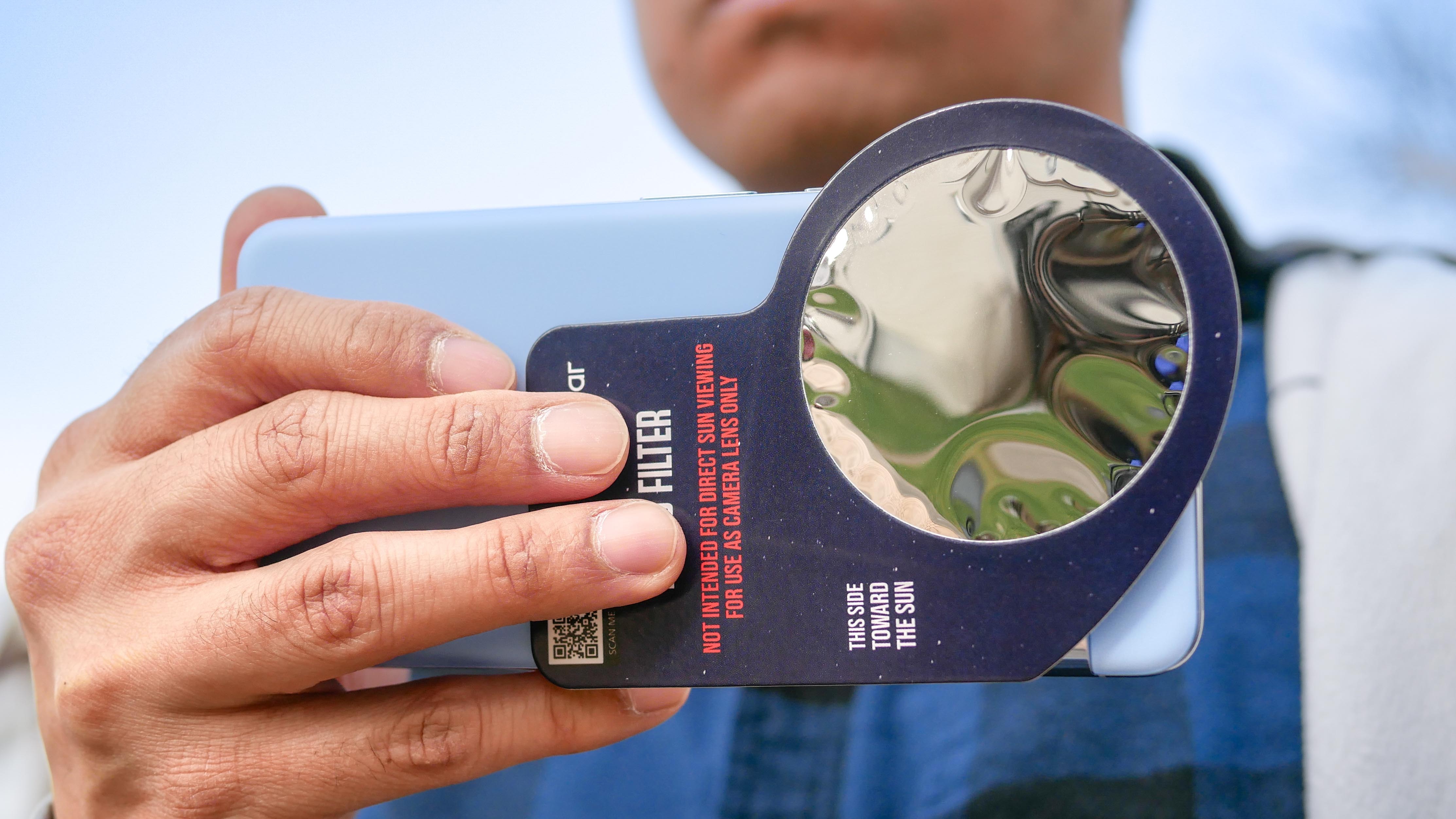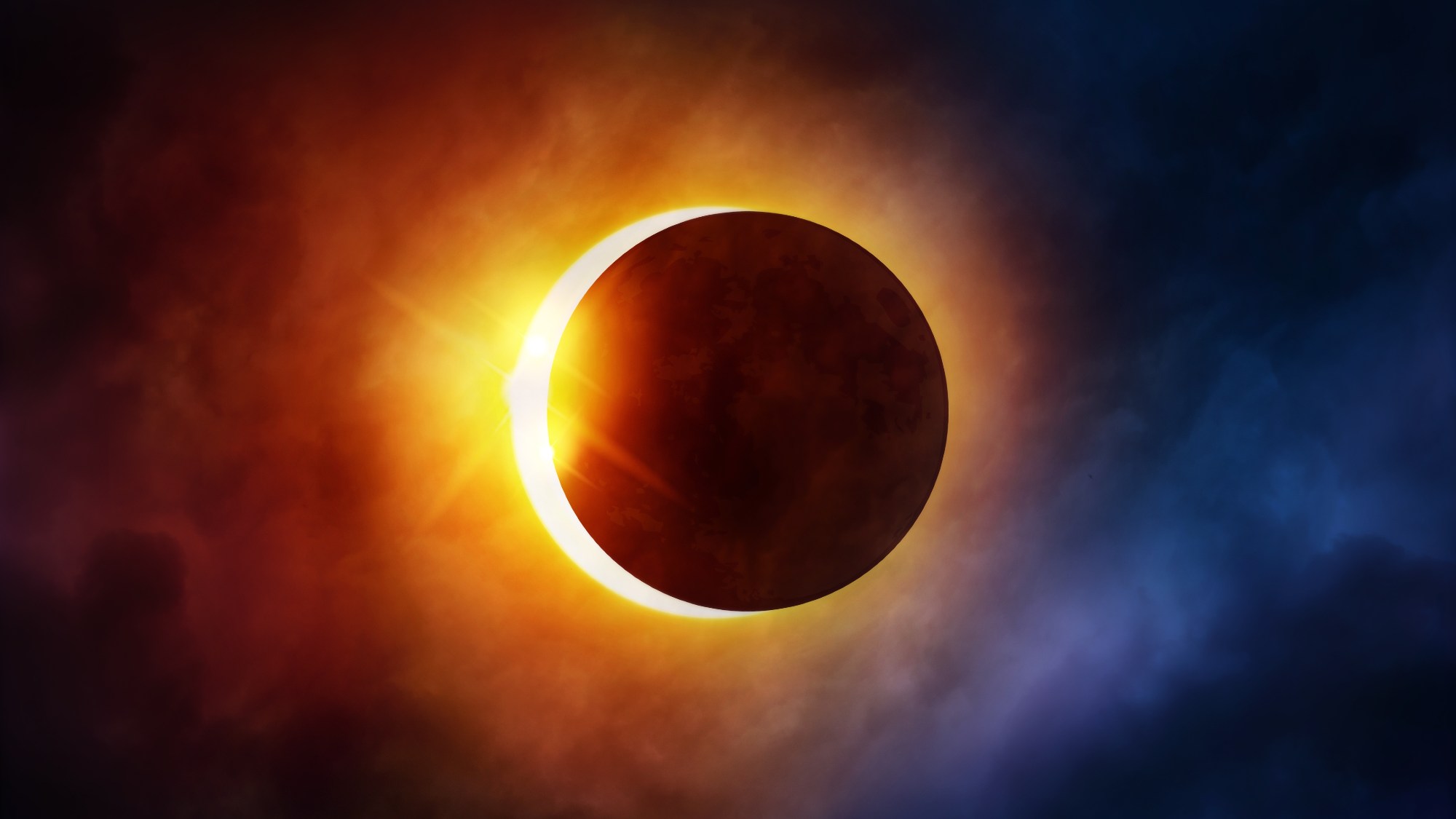
Today is the day of the April 2024 solar eclipse, a rare opportunity to witness one of the most spectacular shows in the solar system. And if you want to make a record of the moment for yourself, we can help you use your smartphone to get the best possible shot of the moon crossing in front of the sun.
As the guide from our friends at Space.com explains, there's at least a partial eclipse to see in all 48 mainland states between 12:27 pm and 3:46 pm EDT today, with the best view — the "path of totality" — on offer in a diagonal line passing from the south to the north east of the country, where the sun will be completely blocked for a few moments.
The tips below are a mix of practical and safety tips, since it's not worth sacrificing your eyesight just for a photo. But with some protection in place, there are some accessories and settings you can use to get the most out of your smartphone's cameras as the skies start to darken.
How to photograph the April 2024 solar eclipse with your smartphone
Protect yourself first
Before even picking up your phone, make sure to keep your eyes safe first and foremost. We have a guide on where to buy solar eclipse glasses if you're still without, and look out for the ISO 12312-2 standard rating so you know you're properly shielded from the sun's light, whether directly or via your phone's viewfinder.
Get a solar eclipse filter for your lens (if you have time)
Your phone's cameras, like your eyes, needs some special treatment of their own to keep them safe. In fact NASA recommends not pointing your phone at the eclipse without one, lest you damage the sensors within. You can use a spare pair of eclipse-viewing glasses in a pinch, but it would be better to use a dedicated filter like the one recommended by my colleague John Velasco in his feature on preparing to take a camera phone shot of the eclipse.
Don't use digital zoom
You may be tempted to pinch-to-zoom to get the eclipse as large as possible on your phone's viewfinder, but this likely won't result in a better shot since this form of digital zoom reduces the resolution and overall quality of your image. An optical zoom telephoto camera, found on many recent flagship phones, won't have this problem, but no phone on sale today's going to be able to get a frame-filling shot of the eclipse with optical zoom alone.
As such, it's worth considering taking shots with your main camera or wide angle camera instead, so you can capture your friends, family and immediate surroundings as the eclipse appears overhead.
Take in RAW if available
On the topic of photo quality, RAW format images take in much more information than a standard JPEG or HEIC image, making it easier to improve the photo in editing later. Your phone's default camera app may already offer a RAW mode, but if it doesn't see if a third-party camera app will give you the option instead.

Lock your focus and exposure
So that your phone doesn't get confused by another object in frame and make the actual eclipse blurry, tap and hold on the sun in your camera app to focus and stay focused on it. After that, you can select your exposure level to account for the dramatic lighting conditions you're about to experience, and lock that too if needed.
Turn off your flash
Even when it gets dark, your phone's camera flash isn't going to help take a better photo of something far off in the sky like the eclipse. You may want to try night mode if you have it though, as this will help brighten up images taken during the darkest moments of the eclipse.
Use burst and timer modes
The totality part of the eclipse only lasts a couple of minutes, so increase your odds of snapping a shot at the perfect moment by using burst mode to take several shots in quick succession.
You can also use the timer function to automatically do this if you don't trust your reaction speeds.

Consider a video
Video may be good if you're trying to capture the scene overall rather than the eclipse itself. But the motion inherent to taking video may diminish the quality that a well-aimed photo would have been able to grab.
Try a tripod for greater stability
Phones can account for some motion but to make your eclipse look as crisp as possible, hunt for a tripod, stand or other method of securing your phone in place. Failing that, find a good place to fix yourself and your arm as the eclipse draws near. Even leaning against a sturdy object could help steady your hand and make your images sharper.
We wish you all the best in your quest to capture the eclipse for posterity. But if you're not going to get the chance to see it, whether you're in another country or are just plain busy, we have guides on how to watch the April 2024 solar eclipse on screen.







